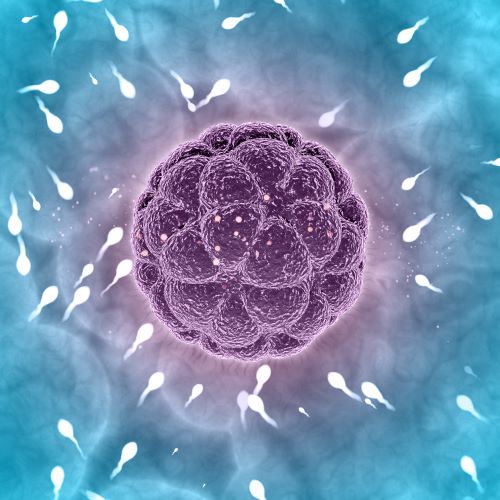
We often focus on the female partner when discussing fertility and reproductive issues. Did you know that one third of infertility issues have to do with male factor? Have you ever wondered the best way to produce healthy sperm?
DO:
Take a multivitamin.
A daily multivitamin can help provide vitamin D, vitamin C, and Zinc — nutrients that are important for optimal production and function.
Maintain a healthy diet.
Eat plenty of fruits and vegetables. These foods are rich in antioxidants, which may help improve sperm quality and quantity.
Manage stress.
Stress may interfere with certain hormones needed to produce sperm. Stress can also decrease sexual function.
Get plenty of physical activity.
Physical activity is good for reproductive health as well as overall health. Don’t overdo it, however. If you exercise to exhaustion, you may experience a temporary change in hormone levels and a drop in sperm quality.
Watch your weight.
Too much body fat may disrupt production of reproductive hormones, which can reduce your sperm count and increase your percentage of abnormal sperm. You’re most likely to produce high-quality sperm if you maintain a healthy weight.
DON’T:
Use tobacco.
If you use tobacco, ask your doctor to help you quit. Smoking can cause sperm to be misshapen and move slowly. In addition, smoking can damage the DNA, possibly affecting a baby’s growth, development and risk of cancer. Chewing tobacco also may cause low sperm counts.
Abuse alcohol.
Heavy drinking can reduce the quality and quantity of sperm. If you choose to drink alcohol, limit yourself to no more than two drinks a day.
Use illicit drugs. Marijuana can decrease sperm motility and increase the number of abnormal sperm. Cocaine and opiates can contribute to erectile dysfunction.
Spend long periods of time in the hot tub or sauna.
Spending more than 30 minutes in water that’s 104 F (40 C) or above may lower your sperm count. Avoid hot tubs and steamy baths. Saunas may have a similar effect.
Spend too long on the bike.
Sitting on a bicycle seat for long periods of time — especially if you also wear tight bicycle shorts — may raise your scrotal temperature and affect production. If you bike, choose a bike seat that’s not too hard or narrow, and make sure it’s adjusted to keep weight on your “sit bones.” While you’re biking, stop for frequent rests and stay hydrated!
Use certain medications.
Anabolic steroids, some antibiotics and certain medications used to control chronic conditions, such as high blood pressure or inflammatory bowel disease, can reduce your fertility. Anti-androgens used to treat prostate enlargement and cancer interfere with sperm production. In addition, chemotherapy drugs and radiation treatment for cancer can cause permanent infertility. If you’re considering cancer treatment, ask your doctor about saving and freezing your sperm (semen cryopreservation) beforehand.
The good news is that if one or more of these factors is found to be the reason for infertility, we can reverse the problem by helping you to take the steps to remove the factor that is causing it.
If you and your partner have been trying for some time to conceive without success, it may be time to seek the help of a fertility specialist.
 Patient Portal
Patient Portal